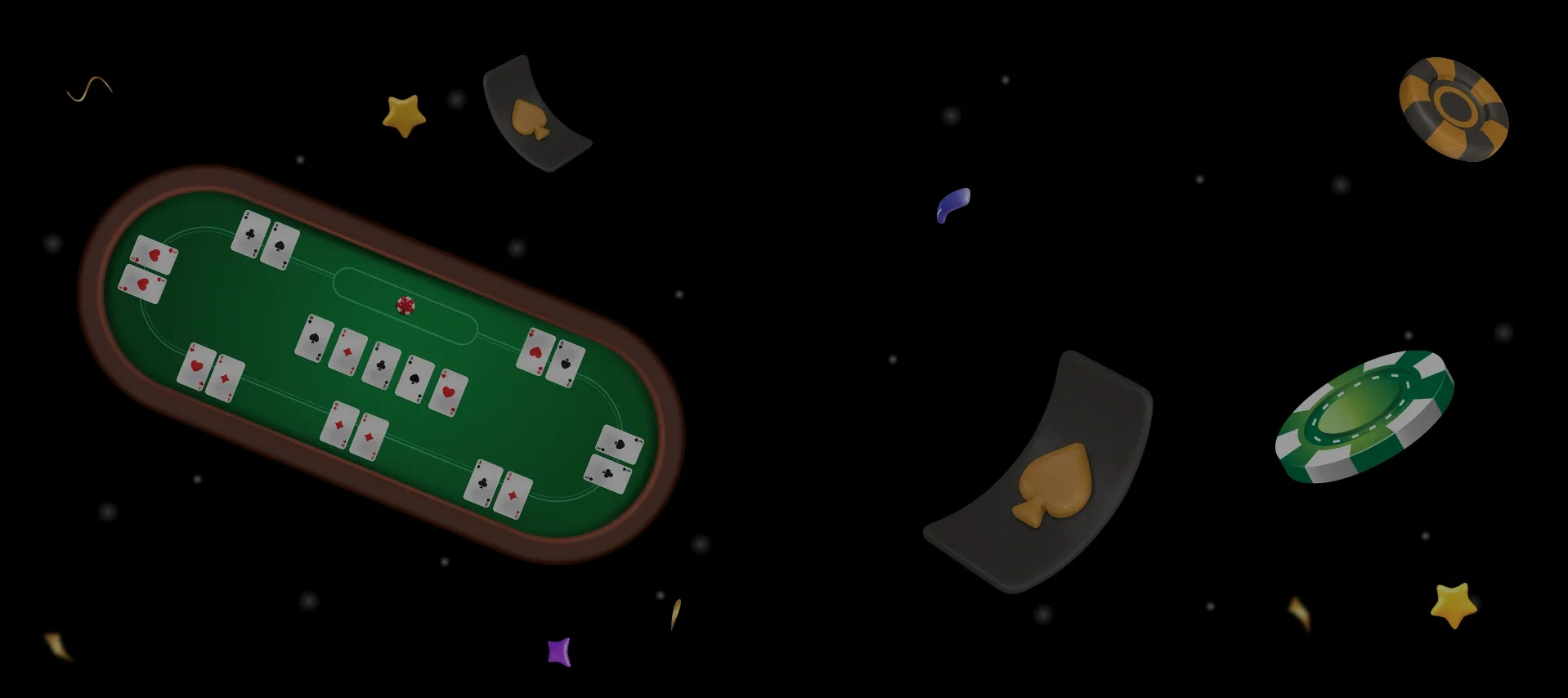The game might be called Texas hold ‘em, but there’s no doubt that Canadians have been a big part of poker’s past and present (and likely future). Whether it’s Daniel Negreanu calling out his opponents’ hands or Jonathan Duhamel taking home the biggest bracelet of them all, Canadians seem to have poker in their blood.
If you’re looking to join the ranks of the Great White North’s top pros, you’re in the right place. Below, we’ll cover tips and strategies for newbies and experienced poker players alike, while also revealing the best places to play the game online in Canada.




















